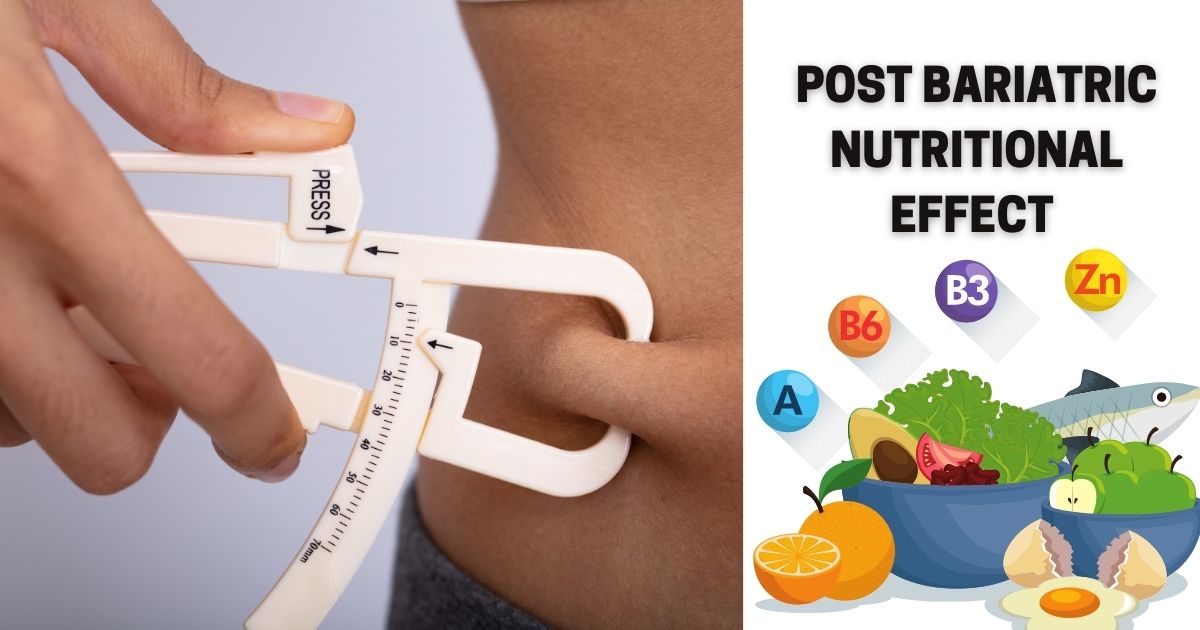Post Bariatric Nutritional Effect
Bariatric Surgery or any type of weight-loss surgery is done to reduce the weight of a severely obese individual. The surgery is done typically not just to reduce the weight but also to enhance the health of the patient which has deteriorated drastically due to their severe obesity. The nutritional effect after undergoing bariatric surgery is significant. Let us try and understand the same from this article.
The Two Principles of Bariatric Surgery
We are aware that most bariatric surgery types work mainly on two principles, namely either restrictive or restrictive along with malabsorption. Restrictive is where the food quantity is reduced and malabsorption is where the nutrition is absorbed less than normal. When we say restrictive along with malabsorption, it means the surgery type is characterized by reduced food quantity and also reduced nutrient absorption. It is these principles of any weight loss surgery that aids in weight reduction.
Nutrition input in Restrictive Principle
When food is consumed in less quantity due to the reduced size of the stomach, the amount of nutrition from the reduced quantity of the food is also relatively reduced.
Nutrition input in Malabsorption Principle
The distal part of the stomach is where maximum vitamins and minerals from the food are absorbed by the body. In Gastric Byepass, the gold standard bariatric surgery type, the distal part of the stomach is reduced and this causes almost nil absorption of vitamins and minerals from the food. Particularly, absorption of vitamins like B12 and minerals like iron and calcium are greatly reduced. That is why vitamin and mineral supplements are given after you undergo bariatric surgery.
Water Need after a Bariatric Surgery
The metabolism rate of the patient increases after undergoing any type of Bariatric Surgery. The weight loss that proceeds, as a result, induces a need for more water. If the water requirement is not properly met, the patient might feel tired. That is why it is advised by the bariatric surgeon and the nutritionist to keep sipping water periodically. This is important to keep the body dehydrated.
Muscle Loss after a Bariatric Surgery
The aim of any bariatric or weight reduction surgery is to lose fat. But sometimes along with fat, muscles are also lost. This happens when the protein intake is low. The low protein got by the body induces the body to break down its own muscle (muscle atrophy) and tap into the protein stored there. When the muscle is wasted like this, the patient can experience muscle pain, joint pains, sagging skin, dryness of the skin, etc. That is why adequate protein intake needs to be ensured after bariatric surgery. Less protein can also trigger temporary hair loss.
That is why it is always recommended to adhere to the nutritional intake as recommended by the bariatric surgeon or the nutritionist.

